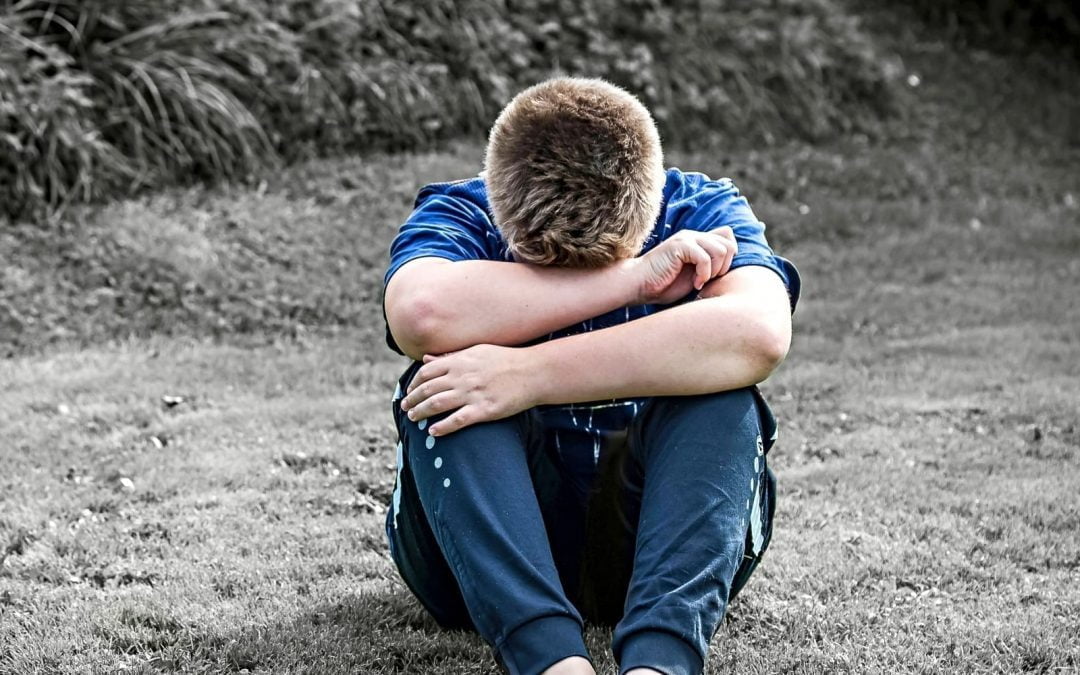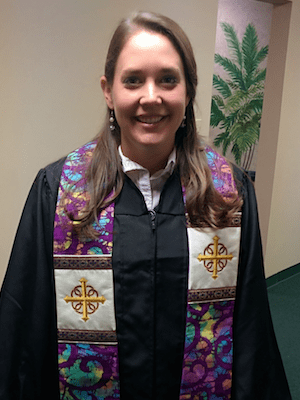Sunday mornings in many Southern Baptist churches reveal a powerful picture of patriarchy with the male leader standing in the pulpit offering reflections and interpretations of the Holy Scripture while the congregation listens in silence and reflection.
But the recent Houston Chronicle report has revealed that there is a different story in Southern Baptist churches than the story from the pews.
This report is one of three reports and its findings are shocking: 700 victims over the course of 20 years.
And this is just a small sampling of the Southern Baptist denomination. How many more victims are there across the country?
Couple this finding with the recent revelation about the secret lives of priests and secret abuses of nuns in the Roman Catholic Church, and one can quickly lose hope in the institution of the church.
Is there even a question about the reason we have seen so much decline in church attendance over recent years?
The picture that is coming into focus is of a system that teaches one thing and yet leads a much different life in the shadows.
Both the Southern Baptist Convention’s Executive Committee and the Catholic Church met recently to try to figure out how to address the vast abuse of power and religion.
While these conversations are desperately needed to reform the institutions and the systems that allowed for the power structures and theological interpretation for abuse to creep in, many more conversations need to happen.
The most important conversations need to be the conversations of the victims of abuse. These stories, as shocking and heartbreaking as they are, need to be told.
We need to hear them over and over again. We need to hear these 700 stories and the next 700 stories, and the stories of the victims and survivors gathered outside of Vatican City.
We need to open our eyes and ears and come to the understanding that religion, doctrine and theology can cause deep and lasting hurt not only spiritually, but emotionally, sexually and, indeed, physically.
Because it’s not until we understand the very powerful way that religion can hurt individuals that we can begin to understand the very powerful way that religion can heal individuals.
For those of us who are currently in parish ministry, we need to remember that within our congregations are abuse victims not only of sexual abuse, sexual assault and sexual harassment that the #metoo movement has revealed, but there are many, many victims of spiritual abuse for whom even venturing into a house of worship again is a courageous and extremely vulnerable act.
It’s not until we understand the power we have as clergy and faith leaders to offer hope and healing to individuals whose stories and experiences have been silenced for years that we can understand the high and holy work we are called to do.
Offering hope and healing isn’t just something we say. Offering hope and healing is something our country desperately needs because of the vast amount of hurt that has been hiding in our pews.
May God grant us wisdom and discernment in this transformative work.
Pastor of Garden of Grace United Church of Christ in Columbia, South Carolina, and editor-in-chief of Harrelson Press Publishing.


